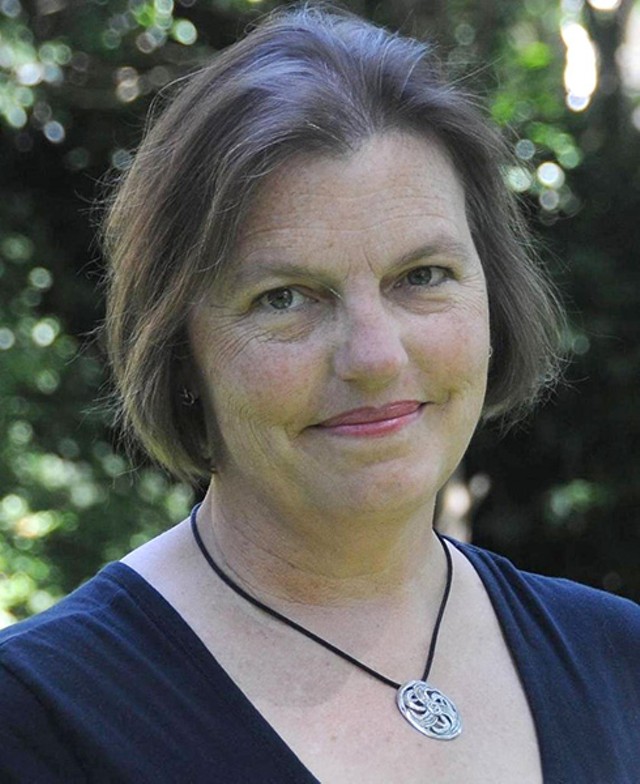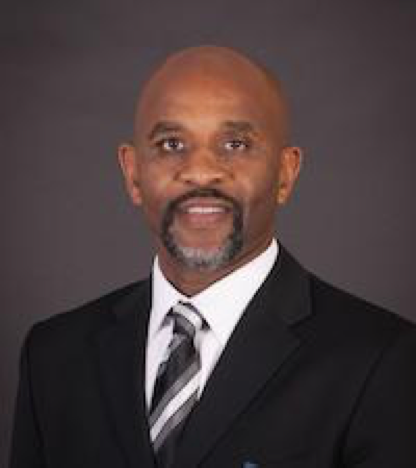How much racial progress has been made in America since 1955, when the U.S. Supreme Court ordered all 50 states to desegregate public schools “with all deliberate speed”? Or, as Clarence Page has asked, how much progress has been made on school desegregation since Martin Luther King, Jr was assassinated in 1968?

The landmark case Swann v. Charlotte-Mecklenburg Board of Education, which required busing to achieve a “racial balance” in 1971, was heralded as a model of successful integration–but the ruling was overturned in 2002 in favor of a “race-neutral” model of school assignment. One study of the outcomes found that “the ‘race-neutral’ assignment policy was neither neutral in the opportunity it provided students to attend their school of choice nor in its academic outcomes. Anglo students were more likely to receive their first choice of schools and to improve their scores. African American students were less likely to receive their first choice school, and their scores declined.”

Charlotte is not alone: a 2017 study by UCLA’s Civil Rights Project revealed a widespread reversal of Civil Rights Era gains, including a growing phenomenon of “double segregation,” in which southern black and Latino students are increasingly likely to find themselves in public schools segregated by both race and by poverty.
To discuss “School Resegregation in the South,” we have invited three education experts whose research addresses a variety of school districts and southern communities. Historian Pamela Grundy is the author of Color and Character: West Charlotte High and the American Struggle over Educational Equality (UNC Press, 2017). Jerome Morris is a Professor of Urban Education at the University of Missouri-St Louis; his book Troubling the Waters: Fulfilling the Promise of Quality Public Schooling for Black Children (Teachers College Press, 2009) is based on research in St Louis

and Atlanta.
Erica Frankenberg is an associate professor of education and demography at Pennsylvania State University; she is the coauthor (with Gary Orfield) of Educational Delusions? Why Choice Can Deepen Inequality and How to Make Schools Fair (University of California Press, 2013).
The panel will be moderated by Karolyn Tyson, author of Integration Interrupted: Tracking, Black Students, and Acting White after Brown (Oxford UP, 2011), which received the “Best Book” award from the American Sociological Association’s Sociology in Education section.

Join us at the Friday Center at 7:00 pm on Thursday, April 19 for this Education Town Hall. The event is free and open to the public, and free parking is available after 5 pm in the Friday Center parking lot. A public Q&A will follow the panel.
Special thanks to our co-sponsors: UNC School of Education, the Friday Center for Continuing Education, and UNC Press.
